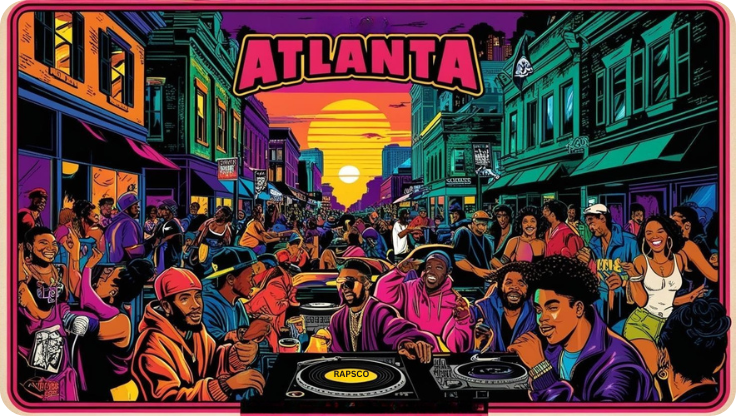By— Candy Spencer, Staff Writer, Raps.co | Updated Publication | May 3, 2025
It’s not throw back Thursday, but let’s take ya’ll back to 1996, where Shaquille O’Neal found himself in an unusual and unexpected situation during the Summer Olympics in Atlanta. Despite being one of the most dominant players in basketball, O’Neal was caught in a controversy that would forever alter his views on drug testing in professional sports. In a candid conversation with his Inside the NBA colleagues—Charles Barkley, Kenny Smith, and Ernie Johnson—the Hall of Famer shared a bizarre story of how he once tested positive for cocaine, all due to eating poppyseeds before a drug test.
Get this, during the discussion on Bobby Portis’ suspension for taking a banned substance (tramadol), O’Neal revealed a personal experience that involved a similar misunderstanding over drug testing. “Olympics, ‘96, Atlanta,” O’Neal began, remembering the day he took the test. “They told us not to eat before we took the drug test.”
But wait, O’Neal didn’t follow the advice. Instead, he ate a poppyseed muffin before heading to the test, unaware that it would lead to a positive result for cocaine. “Horace Balmer walks in and says ‘Man, I’m disappointed in you.’ I test positive for cocaine,” O’Neal recalled.
Given his well documented clean lifestyle, O’Neal was baffled by the results. After some investigation, it turned out that the poppyseeds were the source of the positive drug test. “They did the research and the poppyseed muffins had the same derivatives as cocaine,” O’Neal explained.
This moment left a lasting impact on the four-time NBA champion, who expressed frustration with the lack of clarity in drug testing protocols. “They tell you not to take this, that, and that,” O’Neal argued. “That ‘something’ that’s not on the list can be a derivative of something you’re not supposed to take and you can mess up that way.”

O’Neal’s experience highlights the fine line athletes walk when it comes to maintaining strict compliance with drug policies, which don’t always account for accidental consumption of substances that might share similar chemical properties with banned drugs.
Okay now fast forward to 2025, the discussion surrounding Bobby Portis’ suspension for unknowingly taking tramadol—an opioid painkiller recently added to the banned substance list—serves as a reminder of the ongoing issues athletes face with these policies. Mark Bartelstein, Portis’ agent, expressed deep sympathy for the player, saying, “I am devastated for Bobby right now because he made an honest mistake and the ramifications of it are incredibly significant.”
Bartelstein explained how Portis had accidentally taken tramadol, thinking it was the approved painkiller Toradol, a common medication used by athletes to treat pain and inflammation. “Bobby unintentionally took a pain medication called tramadol, thinking he was taking a pain medication called Toradol. Toradol is an approved pain medication that he has used previously and that teams and players use for pain and inflammation at times. Tramadol, however, is not an approved pain medication and was just recently added to the banned substance list this past spring,” Bartelstein clarified.
Both O’Neal and Portis’ stories shine a light on how seemingly small actions can lead to massive consequences in the world of professional sports, where every decision counts. Whether it’s a poppyseed muffin or a mislabeled painkiller, athletes must tread carefully to avoid the unintended consequences of ingesting substances with closely related chemical structures to banned drugs.




